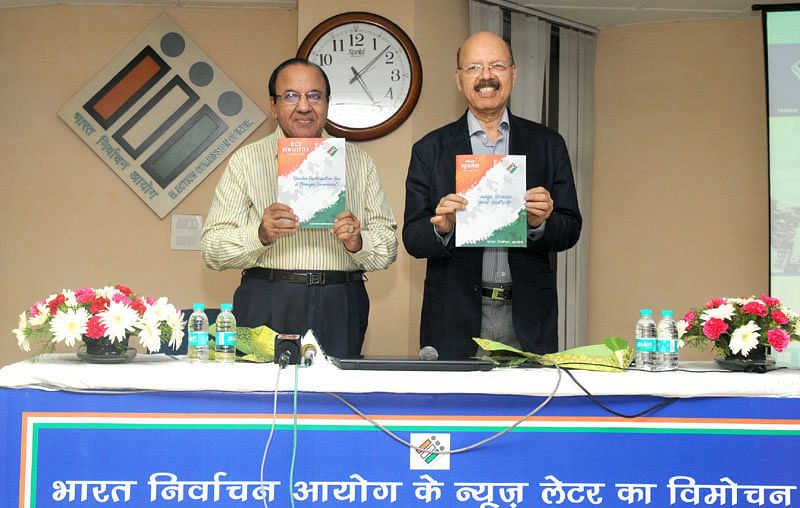Election Commission has begun work to change a range of poll laws to make them relevant to political landscape, check abuse of money power and ensure level playing field.
As Achal Kumar Joti takes charge as the new Chief Election Commissioner of India Thursday, one of the key items on his agenda will be a comprehensive overhaul of the country’s electoral laws and rules – an exercise the Election Commission of India has already begun.
Highly placed sources in the commission told ThePrint that plans are afoot to overhaul the entire gamut of electoral laws and rules to make them relevant to the current political landscape. And checking abuse of money power and ensuring a level playing field to all political parties will be the focus of these changes, besides bringing in clauses to prevent electoral malpractice.
The exercise also aims to weed out outdated provisions and strengthen the legal system to ensure a fair and clean election and better election management. The EC move, ThePrint has learnt, was initiated under the watch of outgoing CEC Nasim Zaidi and early discussions have started.
The commission has already compiled a first draft of the proposal for a legal overhaul and is planning to take these to the law ministry for approval within the next three months.
While the EC has proposed some 50 electoral reforms to the law ministry which are pending approval, it is now initiating a much more comprehensive exercise to tighten laws and make them relevant to the current political landscape.
The Representation of the People Act, 1951, the Government of National Capital Territory of Delhi Act, 1991, Conduct of Election Rules, 1951, besides the Indian Penal Code are being closely studied by the EC for the exercise.
Zaidi had told ThePrint in an interview last week that while the EC had made a number of recommendations to the government towards electoral reforms, some seven or eight proposals were key to ensuring fair and free elections and were still pending government approval.
These, he said, pertained to transparency of political finance and strong deterrent action against corrupt practices. He had identified the need to make bribery a cognisable offence, declare paid news an offence and the need for powers to countermand elections in case of widespread bribery.
The outgoing CEC had also pointed out that the phenomenon of paid news is clearly on the rise and hundreds of cases had come to its notice. Many of the reforms proposed by the EC such as making bribery a cognisable offence have not moved forward due to a lack of political consensus.
The issue of transparency in political funding has also come under a cloud with the EC raising doubts about the Modi government’s plans to issue electoral bonds.
